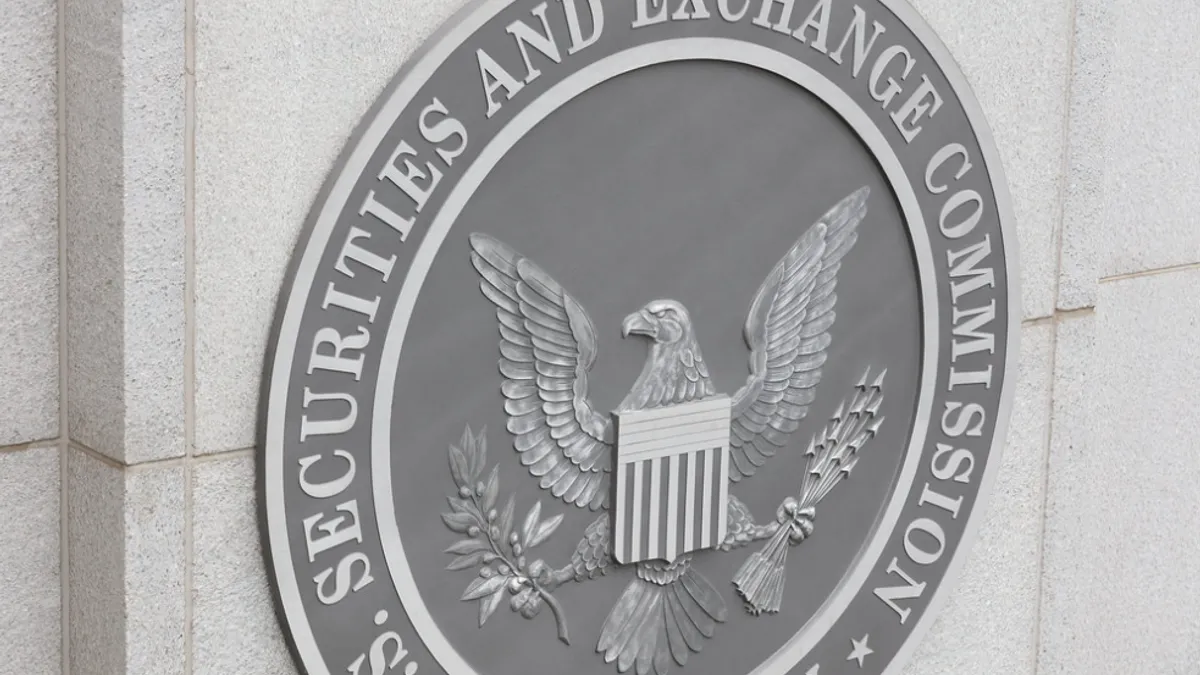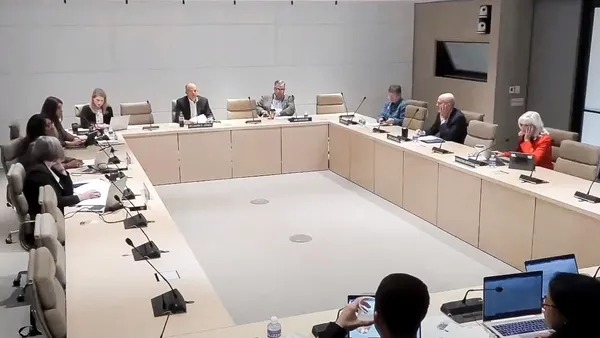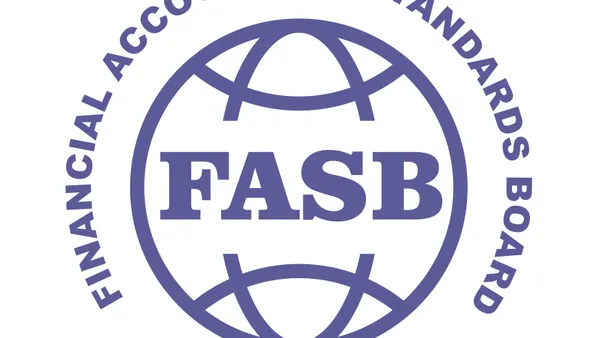Dive Brief:
- Former top finance officers manipulated revenue recognition to give the appearance a dialysis treatment company was performing better than it was, the Securities and Exchange Commission (SEC) has charged.
- The CFO, chief accounting officer and controller at American Renal Associates (ARA) fabricated adjustments between estimated and actual revenue from certain insurance companies to boost the company’s reported revenue and decrease its days sales outstanding (DSO) metric, the SEC says.
- "ARA and its senior executives allegedly engaged in an extensive revenue manipulation scheme for nearly two years," says Jennifer Leete, SEC associate director of enforcement.
Dive Insight:
ARA develops and manages kidney dialysis treatment centers in partnerships with doctors. Between early 2017 and late 2018, the SEC says, CFO Jonathan Wilcox and his two top finance executives, Chief Accounting Officer Jason Boucher and Controller Karen Smith, managed a process to manipulate what are known as topside adjustments.
“Topsides” are used by accounting teams to reconcile differences in projected vs. actual revenue, in this case revenue from commercial insurance companies with which the company didn’t have a contractual agreement.
The company’s other sources of revenue, including Medicare, Medicaid and commercial insurers with which it had contractual agreements, didn’t require topside adjustments because they provided revenue in pre-set amounts.
Patient-level data
As required by ASC 606 under generally accepted accounting principles (GAAP), topside adjustments are supposed to be made based on analyses of patient-level data to reconcile actual amounts paid with the estimates used in the general ledger.
ARA’s CFO, CAO and controller instead used a process in which adjustments were made based on the company’s internal goal to report revenue per treatment (RPT) that meets analysts’ estimates and also keep its DSO metric at or around 40 — a far better performance than the 54 to 60 that other companies in the space were reporting at the time.
“By claiming a low DSO, ARA had an advantage over its competitors when marketing to potential partners,” the SEC says in its complaint. “And, by gaining more doctor-partners, ARA could show growth in the number of new clinics it operated, which was important to investors.”
Top-down adjustments
As part of their effort to manipulate topsides to keep DSO where they wanted it, the finance officers dictated to accounting staff the adjustments they were to make and in some cases to “bank” adjustments so the company would have revenue that it could increase or decrease as needed to meet goals in upcoming reporting periods.
The officers kept the CEO and others in the company, including auditors and the audit committee, in the dark about the process and released their revenue recognition manager after he pushed back on the practice.
“Eight days after questioning the request to ‘find’ more revenue, the revenue recognition manager was fired,” the SEC says.
Falsified documents
When auditors looked into the company’s topside practices, the officers directed accounting staff to create documents to support the claim the adjustments were based on patient-level data.
“Smith and Boucher knew that the patient-level support they asked their staff to create did not exist,” the SEC says.
The two-year-long process helped give the impression the company was performing better than it was, which helped boost stock performance and, in turn, triggered performance-based incentives that benefited the officers. Among other things, the company paid bonuses to Wilcox and Boucher, and all of the officers benefited from the company’s elevated stock price. In 2018, Smith sold 8,200 shares for just under $173,000.
“Had ARA not used Wilcox’s top-down approach to falsely report inflated Adjusted EBITDA figures for 2017 and 2018, Wilcox and Boucher would not have received bonuses as large as they did, if they received bonuses at all,” the SEC says.
Both the company and the three officers were charged with multiple violations of securities laws. In addition to seeking disgorgement of their gains, the SEC is seeking penalties.
ARA, which the SEC credits for its cooperation in the investigation, has agreed to pay $2 million in penalties.













